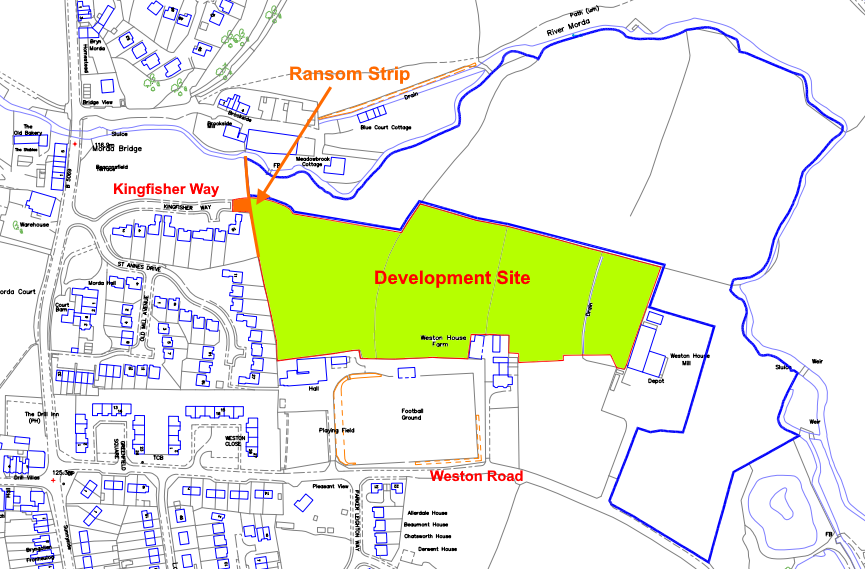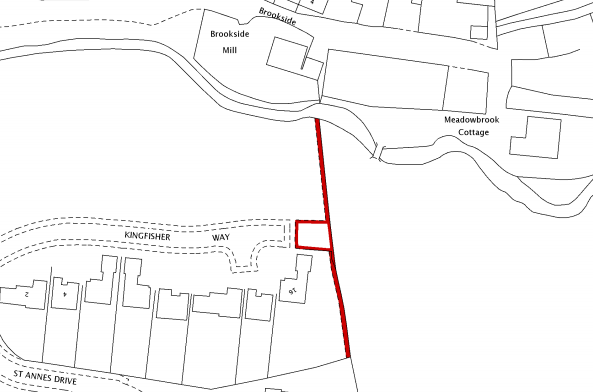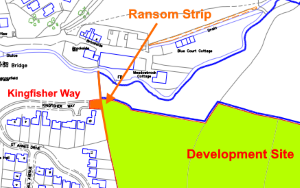This blog was meant to follow Barrow Affair (3) but was held back by the news yesterday of Keith Barrow’s immediate resignation from Shropshire Council.
The Dutton Report made extensive reference to an Oswestry based company called Peakfast. Several people have since asked me: “What is Peakfast?” This blog outlines why Peakfast was featured in the Dutton Report and at an earlier standards hearing.
I should begin by saying that Keith Barrow has strenuously denied any impropriety in relation to Peakfast. The purpose of this post is only to explain why Peakfast has featured in complaints to the council since 2010.
Peakfast was established in 1984. It describes its business as development of building projects (company number 01781701). One of its directors is Keith Barrow. He joined the company on or before 7 June 1991. The annual returns give his address as the Shirehall, Abbey Foregate, Shrewsbury. He holds 100 ordinary £1 shares, as do the other two directors, Paul Marsden and Anthony Matthews. Mr Matthews is also a director of DRE and Co, the company that audits the Peakfast accounts as well as those of Shropshire Council’s private company, ip&e. The company has a mortgage with Barclays Bank secured on land at Morda.
Morda is a village south of Oswestry. Like everywhere in Shropshire, Morda has been subject to unwelcome speculative bids for housing development.
Keith Barrow registered his interest in Peakfast on 2 February 2010. In May of that year, former Councillor Judith Williams submitted an extensive code of conduct complaint, alleging that Mr Barrow had failed to register his interest in Peakfast on several previous occasions. The Assessment Sub-Committee of Standards Committee of Shropshire Council forwarded the complaints for examination by the now abolished Standards Board of England. The Board referred the matter back to Shropshire Council, advising that just one compliant should be investigated, the failure of Mr Barrow to enter Peakfast in his register of interests prior to February 2010.
On 22 June 2010, the Assessment Sub-Committee concluded that “any investigation was likely to conclude that there had been a breach of the code of conduct” but “decided that no further action should be taken on the allegation.” The decision notice continued:
In making their decision, Members had regard to their assessment criteria and that Councillor Barrow had now included in his register of interests that he was a Director of Peakfast Limited. They considered that the allegation, if proven, was unlikely to justify any of the sanctions available to the Committee and, as a consequence of that, it was not in the public interest to refer the allegation for an investigation.
In April 2013, Les Stephan Planning submitted an outline application for sixty three-bedroom and nine affordable homes in Morda (13/01393/OUT).[1] The site was to be accessed off Kingfisher Way and Weston Road. To achieve the access to Kingfisher Way, the developer would need to cross a ransom strip, a small parcel of land owned either to block a development or to gain money from the developer. The ransom strip is at the east end of Kingfisher Way and it is currently owned by Peakfast. From 9 January 2001, the strip was owned by Keith Barrow and three others.[2] According to the Land Registry, they transferred the holding, valued at £100,000 to Peakfast on 13 July 2015.[3]

Development location

Extract from ransom strip title deed (SL141700)
Outline planning permission was granted by the North Planning Committee on a majority vote on 3 June 2014:[4]
The majority of Members expressed support for the Officer’s recommendation [to approve the development] but had concerns regarding issues relating to the layout, access and highway safety and requested that matters reserved for later approval be determined by this Committee.
During the meeting, it was confirmed that: “The Weston Road access was, on its own, acceptable to the developer if the Committee were opposed to two accesses.”
Reading the meeting papers, I think this was a difficult decision for the committee. Morda has limited services. It is not designated as a community hub or cluster for development in SAMDev. But Shropshire Council lacked a five-year land supply at that point and SAMDev had yet to be examined, so had only limited weight. It is a decision that could have gone either way.
In December 2014, the developer came back to Shropshire Council to ask that a planning condition requiring access from Kingfisher Way was deleted (14/05461/VAR). Harry Ray, the agent for scheme, had earlier expressed concern over being held to ransom over this access:
“The main concern we have, as agents is, that the access off Kingfisher Way would be subject to a substantial ransom which no doubt would involve protracted negotiation, thus prejudicing the deliverability of the scheme.”
Planning officers recommended that the committee delete the Kingfisher Way access from the planning permission but the committee did not agree.[5]
A second code of conduct complaint was made against Keith Barrow was made on 8 July 2015. I have written on this in detail. That complaint was made one week before the ransom strip was transferred from the four owners, which included Mr Barrow, to Peakfast.
Notes
[1]. The number of homes is indicative and the final total will be decided when a detailed planning application is submitted.
[2]. On 26 November 2001, the ransom strip was owned by Keith Robert Barrow, Anthony John Matthews, Paul Richard Bingham and Paul Daniel Marsden. All were directors of Peakfast but the land was, according to the Land Registry, registered in their individual names. John Matthews was also company secretary. The land was transferred to Peakfast on 13 July 2015.
[3]. Section 25 of the application for the housing development says that Peakfast were the owners in April 2013.
[4]. Joyce Barrow declared a pecuniary interest for this agenda item and left the room during both committee meetings.
[5]. A full planning application for the site has not yet been submitted.
Other Barrow Affair Posts
The Barrow Affair (2): Shropshire Council’s company ip&e needs reinventing as an innovation hub
The Barrow Affair (4): Keith Barrow resigns as council leader and councillor
The Barrow Affair (6): Investigation into Barrow costs more than £12K and Shropshire Council is to pay

